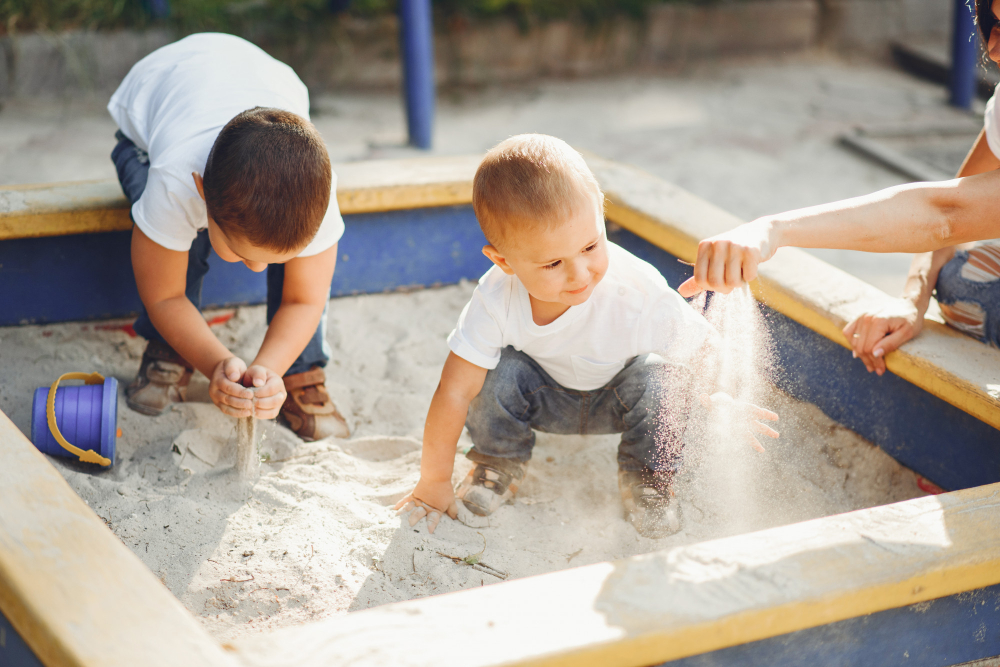Grow: a lever for child cognition
The benefits of nature on mental health must no longer be demonstrated. But what happens when this link starts from the first years of life, inside the house? This is the question that a vast American study published on children, young people and the environment, answers. He underlines the effects of residential green spaces and the domestic atmosphere on the cognitive skills of children, more precisely on their executive functions.
Executive functions (FE) – working memory, car – control, cognitive flexibility, regulation of emotions – are essential for social adaptation, learning and management of emotions. These skills have developed very early, for 2 years and have been strongly influenced by the immediate environment of the child.
Less chaos, more concentration
The “domestic chaos”, defined by a noisy and disorganized environment, without fixed routine, is a decisive factor. At each age observed (24, 48 and 60 months), a disordered house is associated with a lower performance of children on tasks involving their executive functions, whether they are “cold” (inhibition, memory) or “hot” (emotional regulation).
The study also stresses that children who live in a more predictable environment – regular meals, good hours in bed, organized space – Benefit from a better ability to concentrate, manage their emotions and adapt their behavior.
Trees and sand to develop better
The researchers also observed the effects of external elements: trees, lawn, gardens, sandboxes, game areas or outdoor storage. Result: Some provisions, such as the presence of a sandbox or an external refugeThey are linked to better cognitive skills in children. A simple corner of the garden with vegetation, sand or a terrace may be sufficient to create favorable conditions for attention and emotional regulation.

On the contrary, the proximity of a park or even a garden is not always related to profits, underlining the importance of an active and contextualized use of these spaces rather than their simple presence.
Rethink urban and educational policies
In addition to the houses, the study plays for Better to take these data into public policies. Easy access to green spaces, outdoor educational programs, support for families to structure their daily life: so many levers to promote healthy development from early childhood, especially in the most vulnerable neighborhoods.
For parents, this means that some simple adjustments – spending outdoor time with your child, establish stable routines or creates a green corner in the courtyard or in the balcony – can have long -lasting effects on their child’s ability to learn, adapt and grow with confidence.
Do you like our articles? You will love our newsletters! Sign up for free on this page.
Source: Madmoizelle
Mary Crossley is an author at “The Fashion Vibes”. She is a seasoned journalist who is dedicated to delivering the latest news to her readers. With a keen sense of what’s important, Mary covers a wide range of topics, from politics to lifestyle and everything in between.




